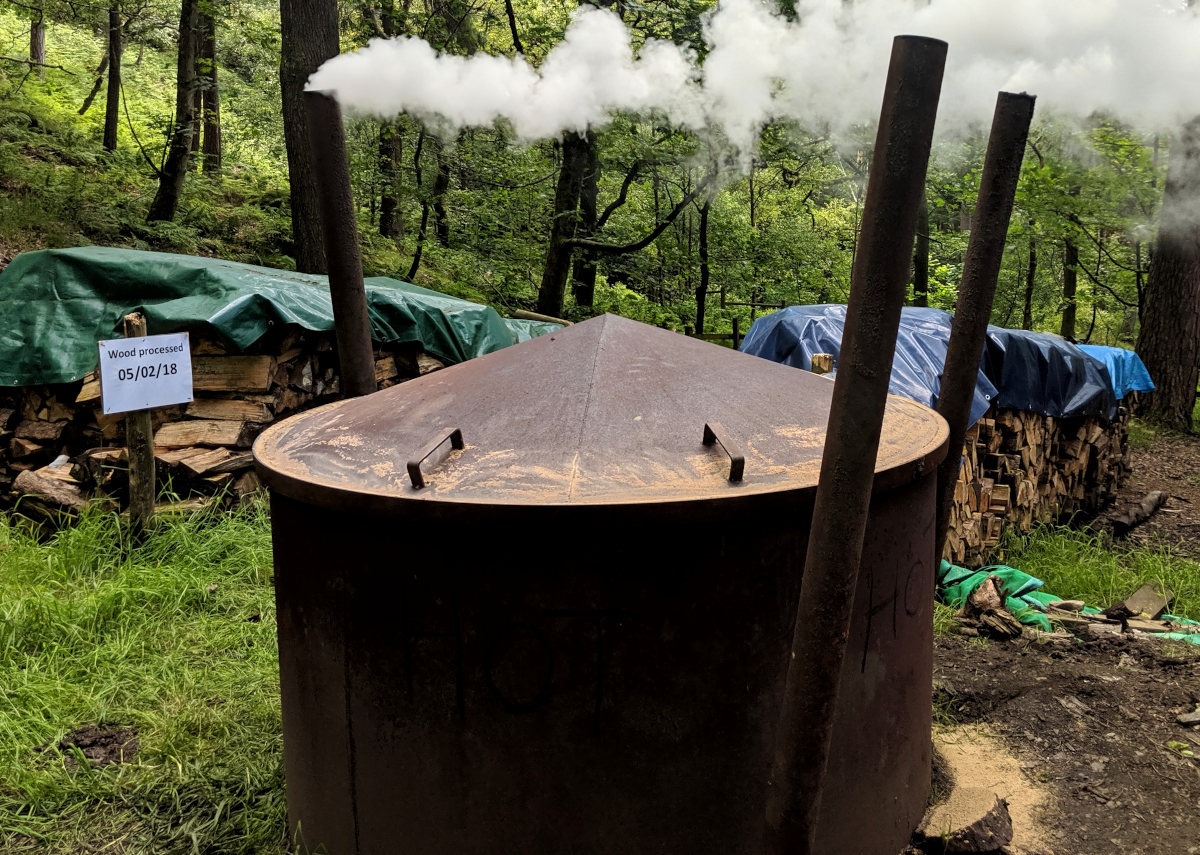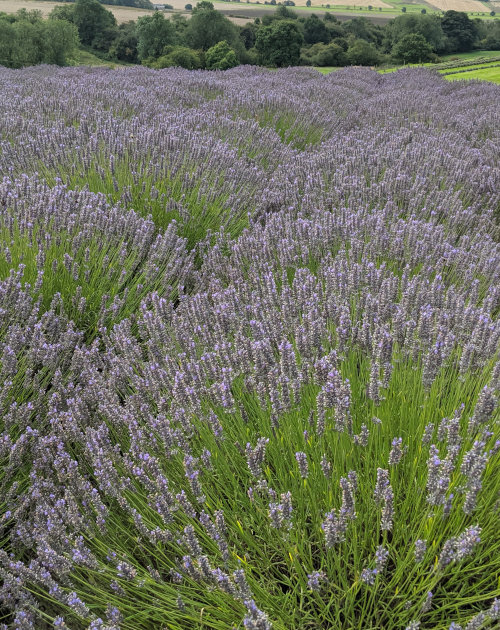Money

Image above: 8 cubic metre charcoal burner making hardwood lump charcoal.
Gardeners are busy people but they often find themselves in a position where they have to make some money from the land they own or rent.
Owning land comes with responsibilities.
Fences need to be maintained and there are generally laws about what you can do with water supplies and what you are allowed to build or use the land for.
There are many ways to make money from land. Here are a few of the most common methods:
- Renting: This is the most common way to make money from land. You can rent your land to farmers, businesses, or individuals. The amount of rent you can charge will depend on the location and the size of your land.
- Selling: If you own land in a desirable location, you can sell it for a profit. The price of land can vary greatly depending on the location, the size, and the potential uses for the land.
- Developing: If you own land in a growing area, you can develop it into something that will be more valuable, such as a shopping centre, a housing development, or an industrial park. This can be a very profitable way to make money from land, but it can also be a risky investment.
- Mining: If your land contains valuable minerals, you can mine them and sell them for a profit. This can be a very lucrative way to make money from land, but it can also be a very destructive process.
- Forestry: If your land is covered in trees, you can harvest the timber and sell it for a profit. This can be a good way to make money from land, but it is important to manage the forest sustainably so that it can continue to produce timber in the future.
- Tourism: If your land is located in a scenic area, you can develop it into a tourist destination. This can be a very profitable way to make money from land, but it requires a significant investment in infrastructure and marketing.
How do you make money from the land?
Land owners make money from their land by working it, using it to cut their living costs or renting it out for other to use. Crops can be grown and secondary products produced, like charcoal from woodlands or fish from water. Land can also be flipped, sold or held in speculation of it's value going up.
Below is a list of how I have made some income from my property, saved money on, or have seen good money made from land.
Proven ways to make money and live off your land:
- Make charcoal. There is never a shortage of people wanting barbecue charcoal.
- Growing confetti. Growing and dry in flower petals and leaves for use in weddings.
- Growing flowers like lavender for essential oils.
- Grow bamboo beanpoles and pea-sticks.
- Poultry for eggs or meat.
- Growing turf for gardens or specialist grass for sports fields.
- Grow daffodils or other plants for a drug company.
- Growing Willow to make Willow structures or baskets.
- Grow seedlings in spring to help other gardeners get a head start.
- Grow nuts. Walnuts will give a crop and a valuable wood crop.
- Home made rustic bird feeder and tables.
- Grow insectivorous, bonsai or other niche plants .
- Grow your own vegetables.
- Sell your surplus vegetables.
- Keep livestock.
- Grow speciality mushrooms.
- Generate your own electricity.
- Grow biomass or wood for burning in stoves or open fires.
- Get government grants for planting forest or becoming a wildlife custodian.
How long does it take to make money from land?
Making money from land often involves considerable amounts of time. Getting a return on your investment will typically take between 2 and 10 years and if you choose to grow timber then your profit may be as much as 80 years in the future.
There is often expensive equipment to purchase when working the land.
With the exception of a few crops like radishes and broccoli, it takes 9 to 12 months to complete a growing cycle on land and then to sell the crop and receive payment.
Below: Here Lavender is being grown for flowers and essential oil production. Essential oil production is a niche market with high yearly returns.

You will see quicker results for less outlay if you are a small local producer selling your produce locally.
